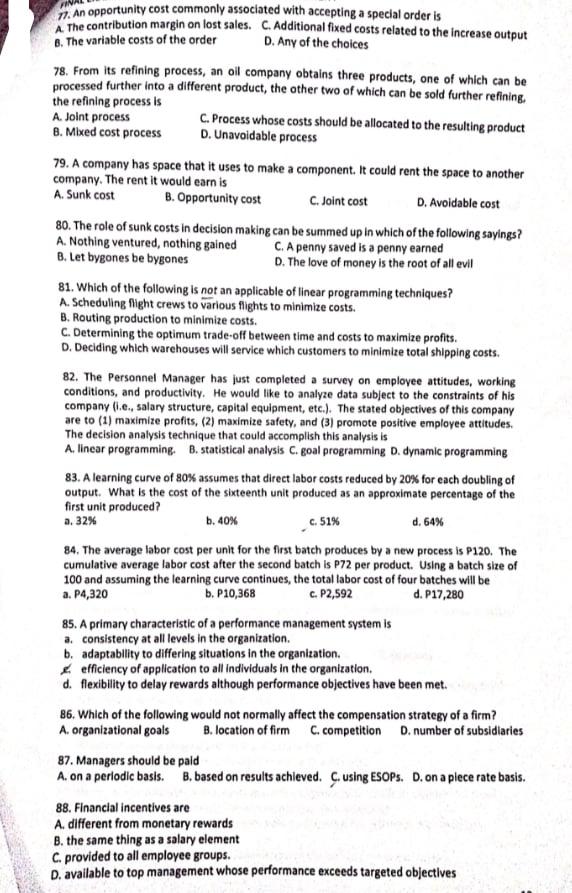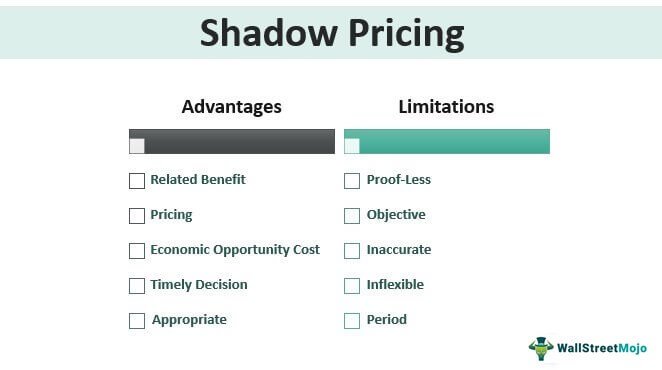Opportunity cost is a key concept in economics that refers to the value of the next best alternative that must be given up in order to pursue a certain action or decision. In other words, it is the cost of foregone opportunities. Understanding opportunity cost is crucial for making informed decisions, as it helps individuals and businesses weigh the costs and benefits of different options and choose the one that is most optimal.
One of the main ways that opportunity cost affects decision making is by influencing the trade-offs that individuals and businesses must make. For example, if a person decides to go to college, they will have to give up the opportunity to work and earn an income during that time. Similarly, if a business decides to invest in a new product line, it will have to forego the opportunity to invest that money in something else, such as marketing or research and development. These trade-offs can be difficult to make, as they often involve balancing short-term and long-term goals and considering the potential risks and rewards of each option.
Opportunity cost also affects decision making by influencing the marginal analysis that individuals and businesses use to evaluate the costs and benefits of different options. Marginal analysis involves comparing the costs and benefits of each additional unit of an activity or resource. For example, if a business is deciding whether to invest in a new machine, it will consider the marginal cost of the machine (the cost of the machine divided by the number of units it can produce) and the marginal benefit (the revenue it generates from the additional units it produces). By comparing these two values, the business can determine whether the investment is worth it.
In addition to these factors, opportunity cost also affects decision making by influencing the opportunity cost of time. Time is a limited resource, and every decision we make takes up a certain amount of time. For example, if someone spends an hour watching television, they are giving up the opportunity to do something else with that time, such as working or studying. This means that opportunity cost can also be thought of as the cost of time, as it represents the value of the next best alternative use of that time.
Overall, opportunity cost plays a significant role in decision making by influencing the trade-offs, marginal analysis, and opportunity cost of time that individuals and businesses must consider when evaluating different options. By understanding the concept of opportunity cost, individuals and businesses can make more informed and strategic decisions that optimize their use of resources and maximize their potential for success.






